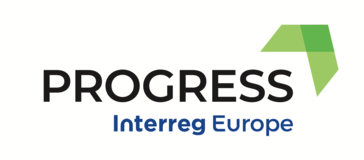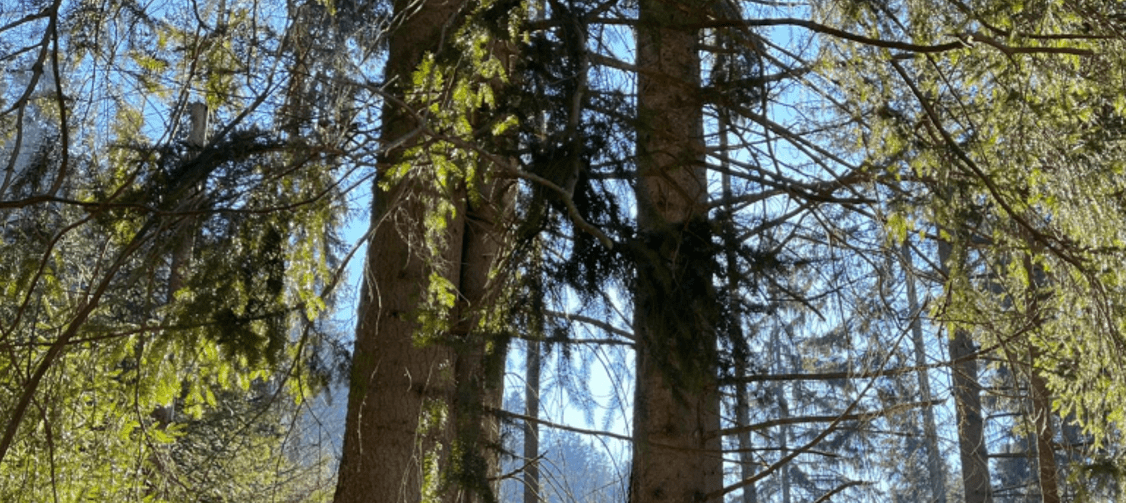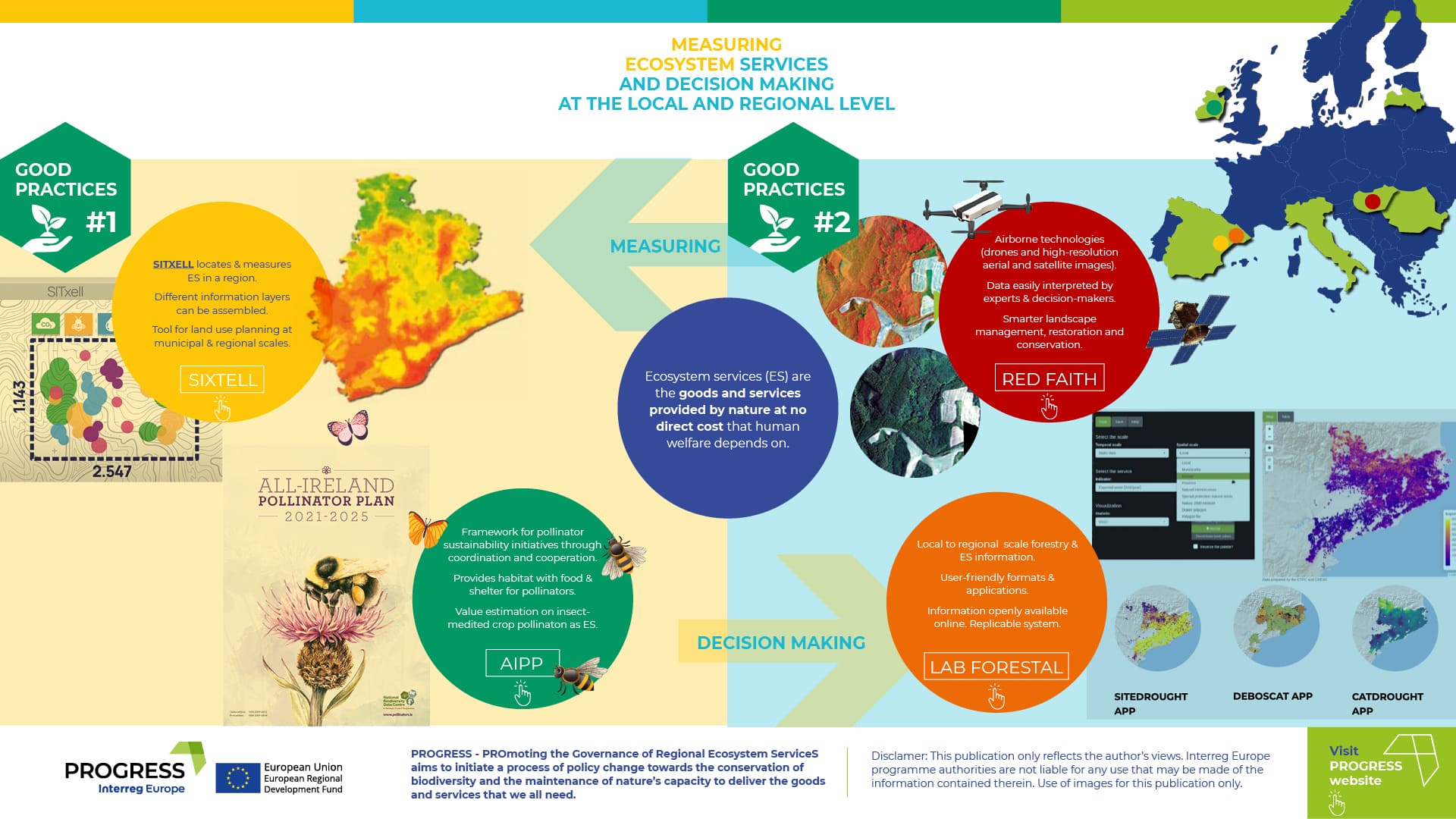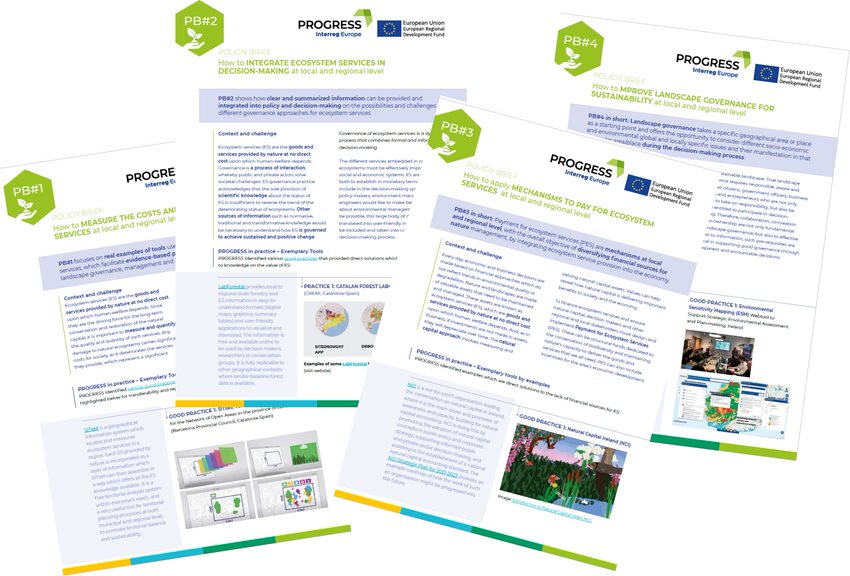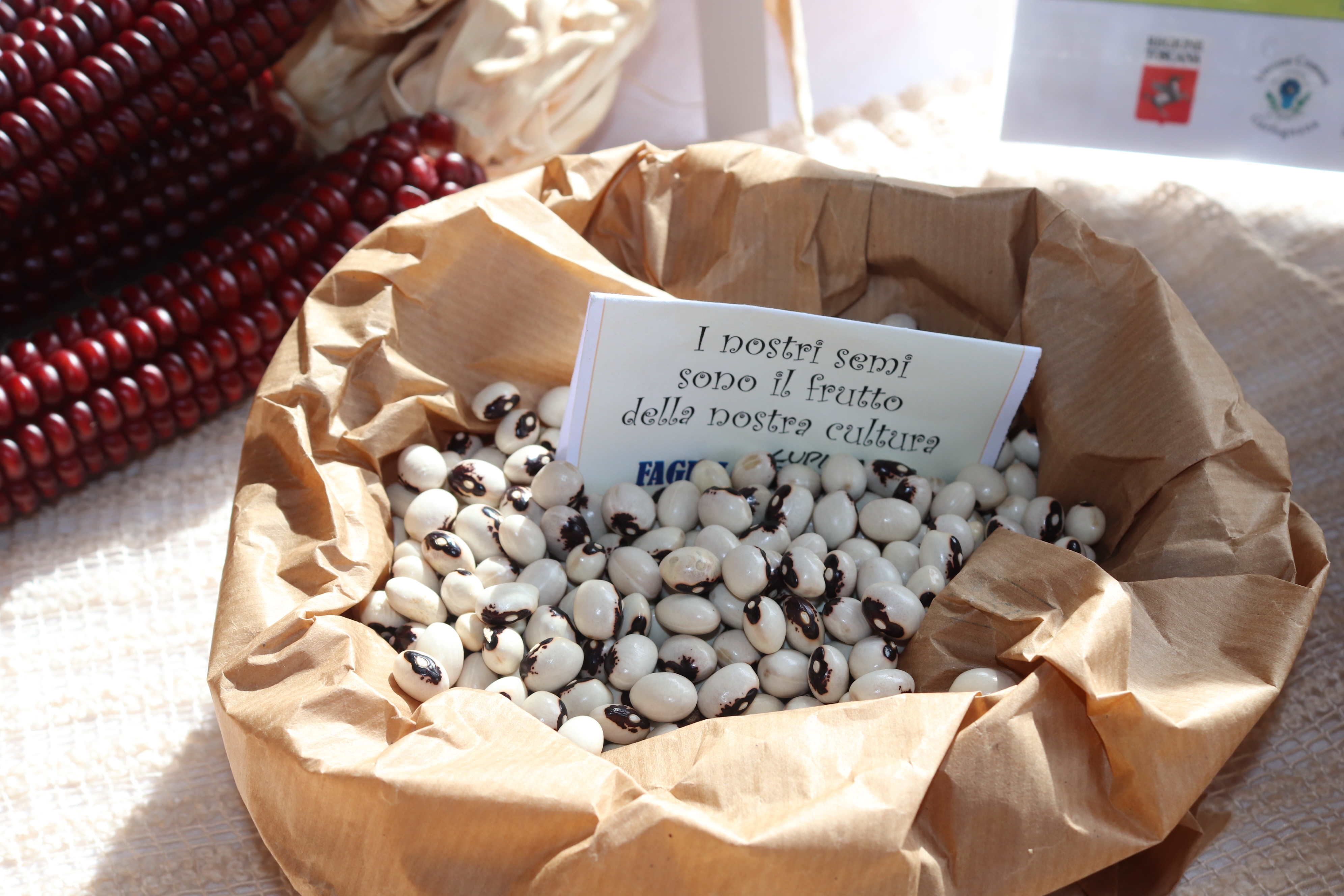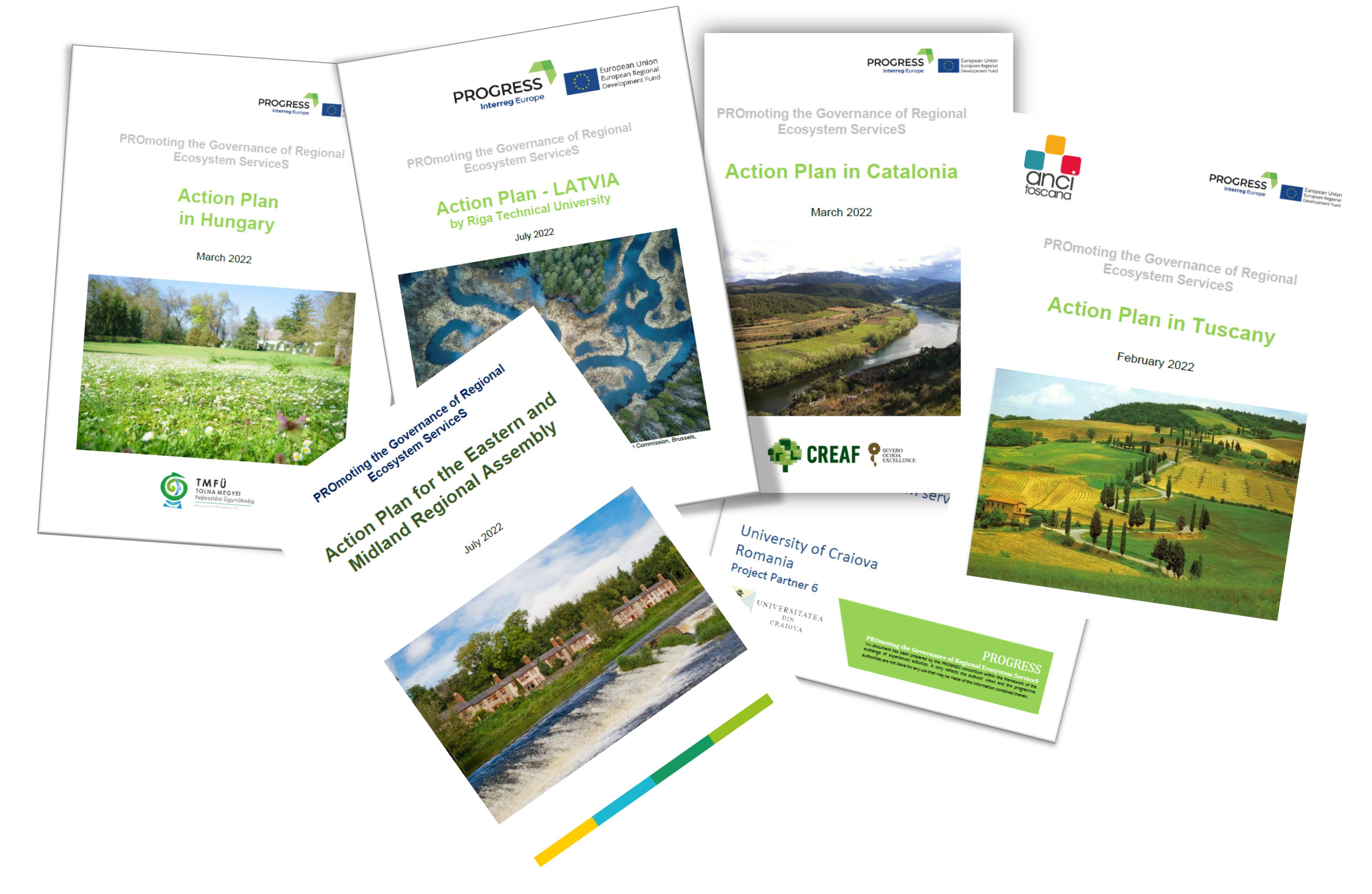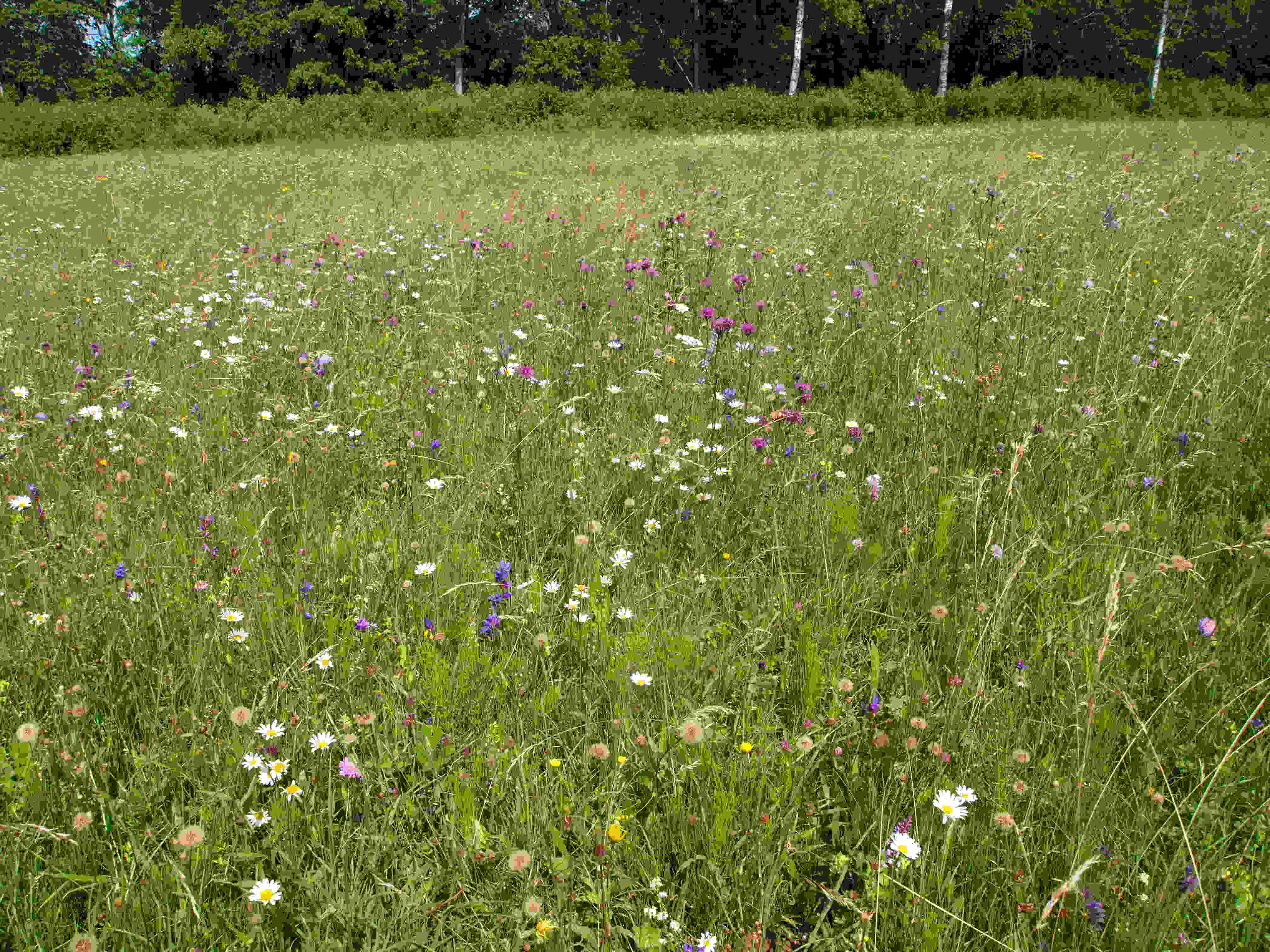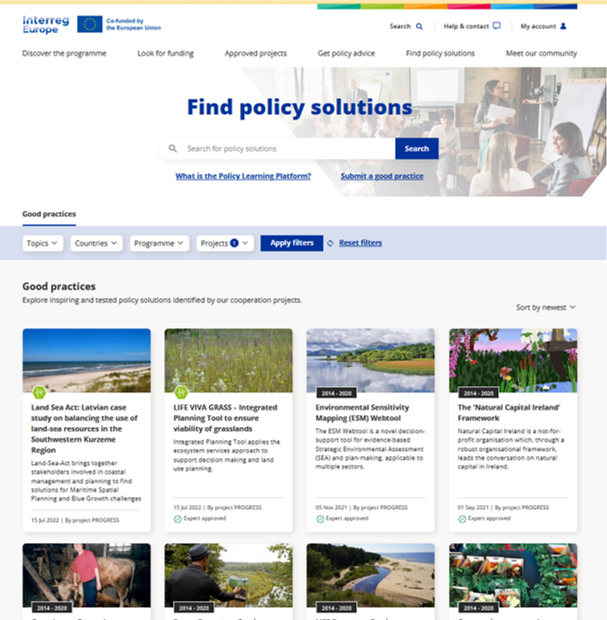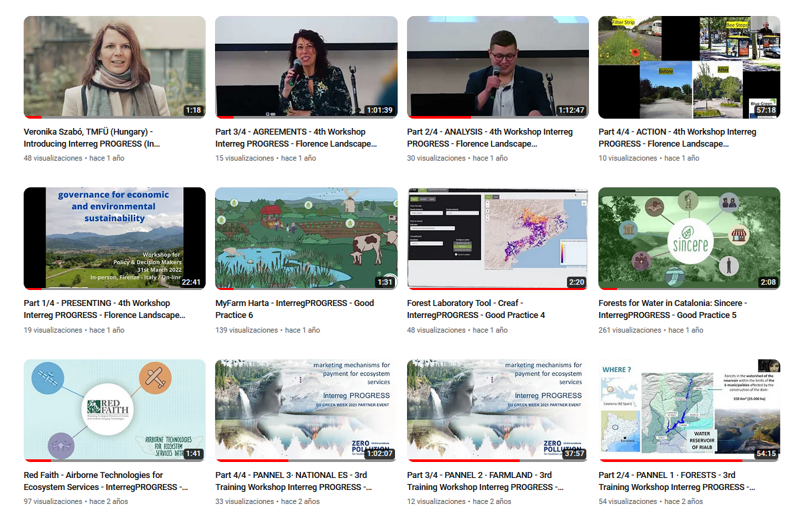The Catalan Forestry Laboratory is a new tool developed by CREAF ( Centre de Recerca Ecològica i Aplicacions Forestals) and CTFC (Forest Science and Technology Centre of Catalonia) with the objective to make available and easily accessible to a general public the information and large datasets related to forests and generated by these research centers and other forestry inventories.
"Having the opportunity to participate in projects like PROGRESS and disseminating the tools and applications that can be developed from research is incredible. This opportunity allows us, from the LFC, to reach a wider audience for our applications, as well as to have the opportunity to export our ideas beyond our scope. "
- Víctor Granda García, Data Scientist, Ecosystem Modelling Facility - CREAF
The data that is made available is previously processed by researchers and technicians with the aim of reducing possible errors. By doing so the Catalan Forestry Laboratory is converted into a start point for other researchs, reports, studies, etc.
Currently the tool displays mostly forestry data for all of Catalonia, and some for Spain, at different scales and administrative boundaries (county, municipality, etc.), and as a tool cal be replicated to other geographies and countries.
There are several applications available, among which the following stand out;
- Deboscat; view and download information on episodes of forest decline in Catalonia in relation to drought
- Catdrought; daily estimates of the water balance and soil moisture of the forests of Catalonia
- Meteoland; estimations about the daily meteorology around all Catalonia
- Fes; visualizes and downloads the data of the ecosystem services of the forests of Catalonia
- Allometr; calculates new variables from equations designed by species, geographical areas and levels (for all of Spain)
- IFN; access, view and download the data of the National Forest Inventory in Catalonia
- Lidar; accesses, visualizes and calculates forest variables from LiDAR data in Catalonia
"The video brilliantly shows how access to data and information, in this case with the example of ecosystem services, can be simple and suitable for all audiences, without a reduction in the information available."
- Víctor Granda García, Data Scientist, Ecosystem Modelling Facility - CREAF
Here you can view the video:
